
Every summer, the Institute for Liberal Arts Digital Scholarship (ILiADS) brings together teams from around the country with expert liaisons for dedicated time working on their digital scholarship projects. At the institute held at Davidson College in July, Pitts Theology Library had three representatives at the institute, all of whom received high praise for their leadership and support of the organization and project teams.
Pitts has supported ILiADS since 2019, when Dr. Spencer Roberts, Head of Digital Initiatives and Technologies, served as a liaison for a team from Bryn Mawr College working on a 3D realization of an eighteenth-century raked stage. This year, Spencer served as chair of the steering committee responsible for organizing and running the institute.
Liz Miller, Coordinator of Digital Initiatives, first served as a liaison at ILiADS 2022, providing expert advice for a team from Creighton University working to digitize, encode, and catalog sixteenth-century musical works. This summer, Liz guided a team from Guilford College through the process of planning a digital humanities course focused on digital storytelling and refugee narratives.
In their final presentation of the week, the Guilford team wrote, “Thanks so much to our amazing ILiADS liaison, Liz Miller, for sharing her wonderful expertise with us and being an all-around kind and thoughtful human.”
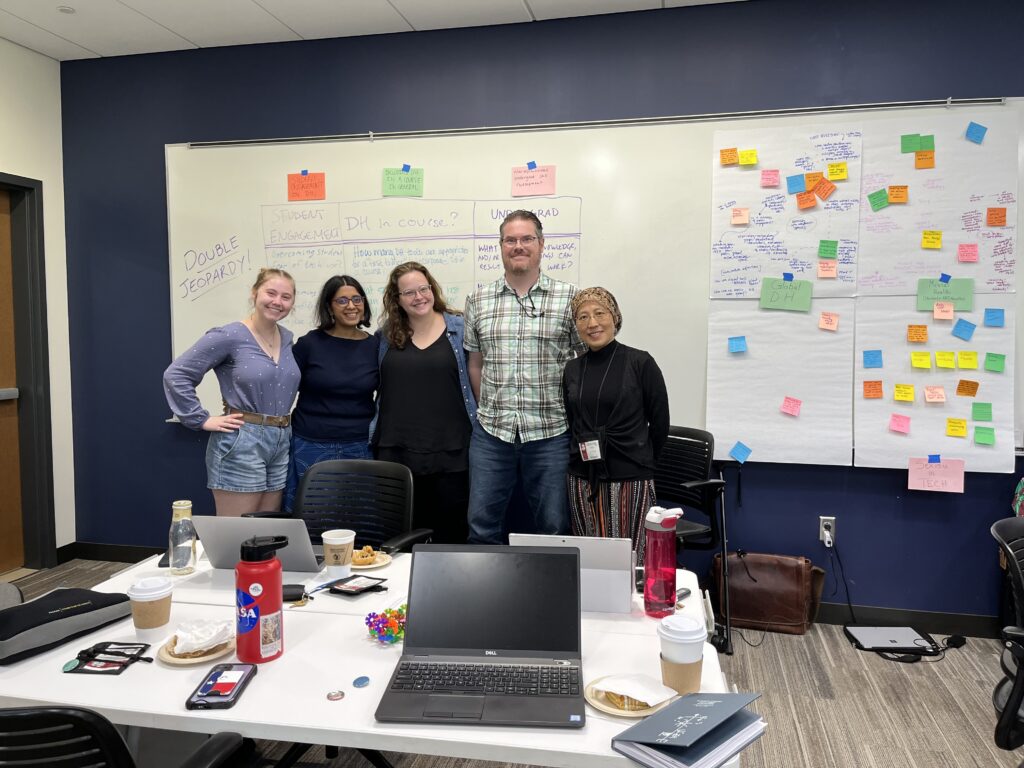
Brinna Michael, Cataloging and Metadata Librarian, joined the Pitts cohort at ILiADS for the first time to serve as a liaison for the team from Carleton College. Drawing on their experience on the development team for Pitts’ own Digital Collections site, Brinna led the team through a design thinking process to help them begin their own collections site dedicated to cataloging and presenting Japanese maps from various eras.
In a tradition at ILiADS called “Today’s Yays,” participants write down exciting and positive moments from each day. On day one of the institute, Brinna’s team shared, “We found a CSS resource (W3C) to help format vertical text, supporting languages such as Japanese, Chinese, and Mongolian.” By the end of the week, the team had implemented the tool, created their first items on the website, and were excited to keep up their momentum as they traveled home.
Organizing an institute like this is an exercise in adaptability and innovation. In true ILiADS fashion, the steering committee organized a mid-week community conversation to discuss topics raised in the first few days that were particularly important to the teams. Spencer dug into his Canadian roots to host a Jeopardy-inspired activity that facilitated brainstorming and conversation, complete with background imagery and sounds.
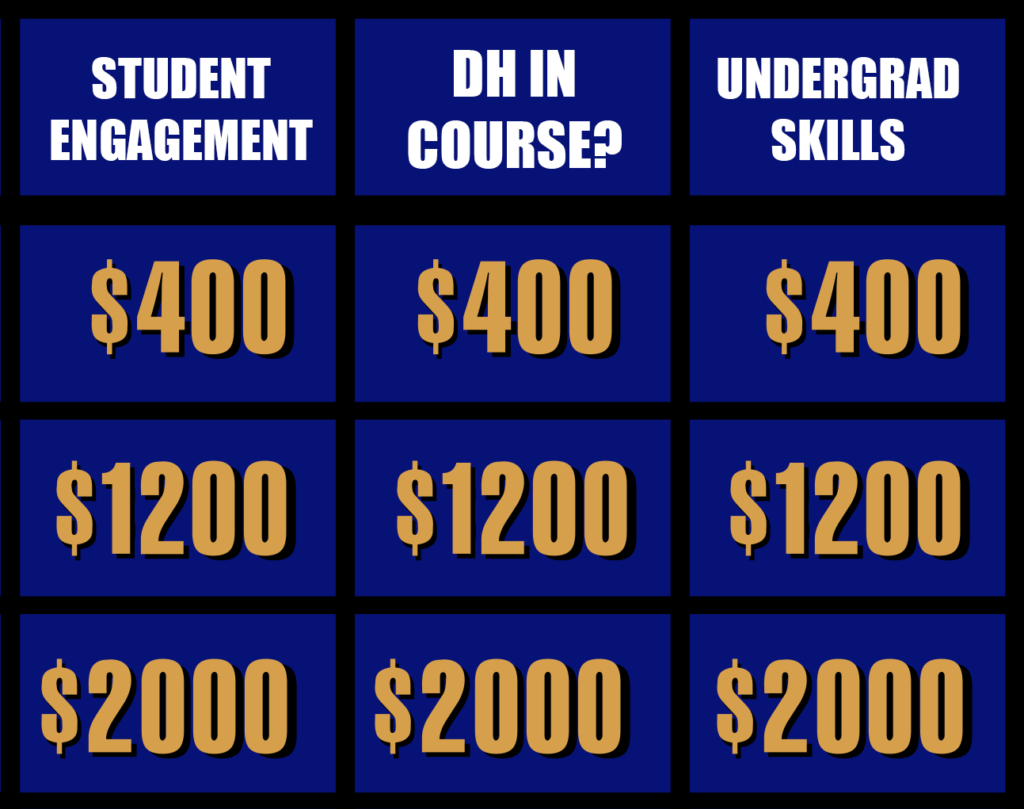
Working with ILiADS has created an opportunity to share the expertise of librarians and staff at Pitts Theology Library with a wider community. Though the summer institute is finished, ILiADS is more than a week-long opportunity for teams to focus their efforts: it has become a network of expertise, colleagues, and projects that demonstrate the scholarly and pedagogical impact of the digital liberal arts.
By Spencer Roberts, Head of Digital Initiatives & Technologies

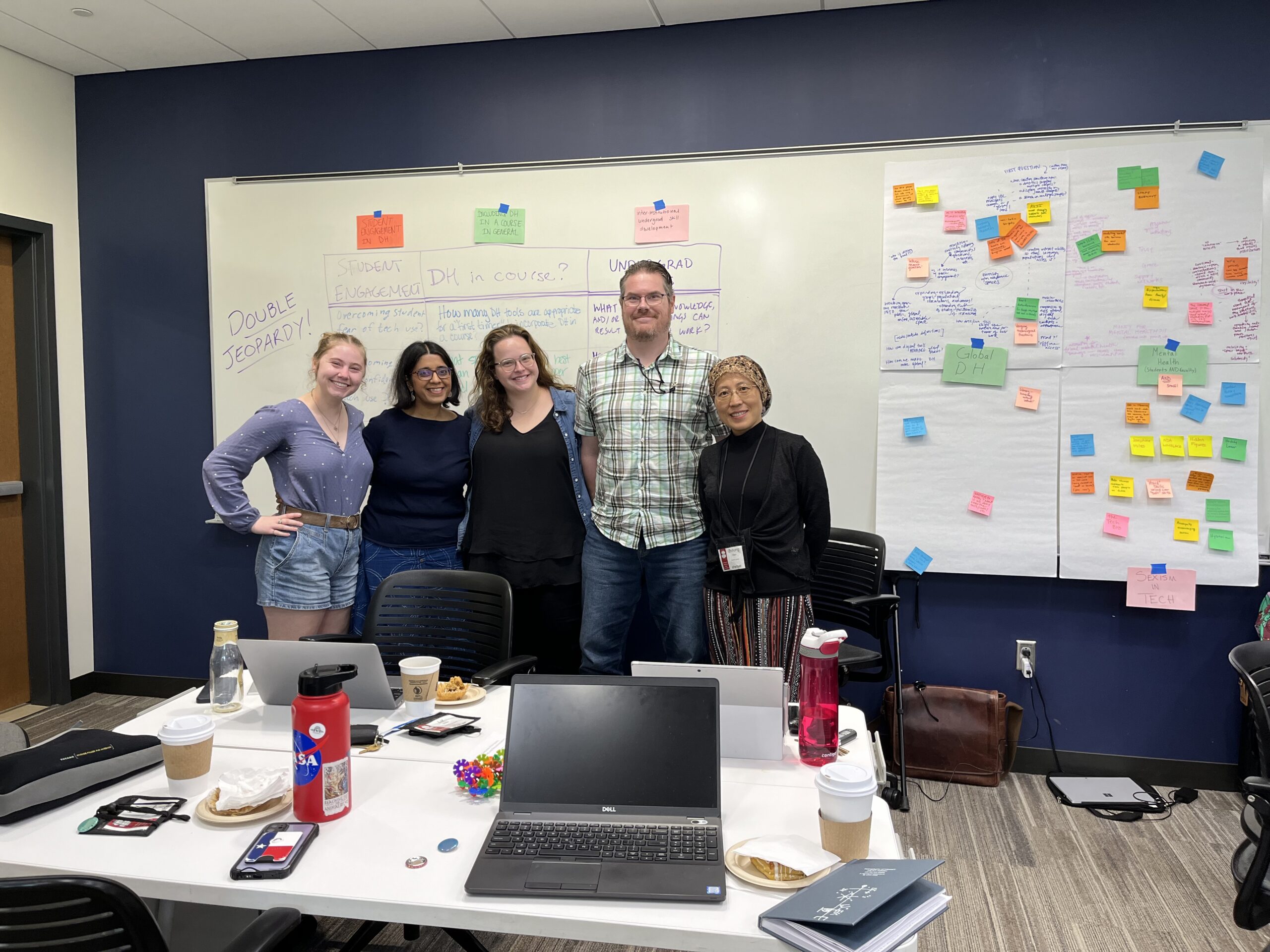
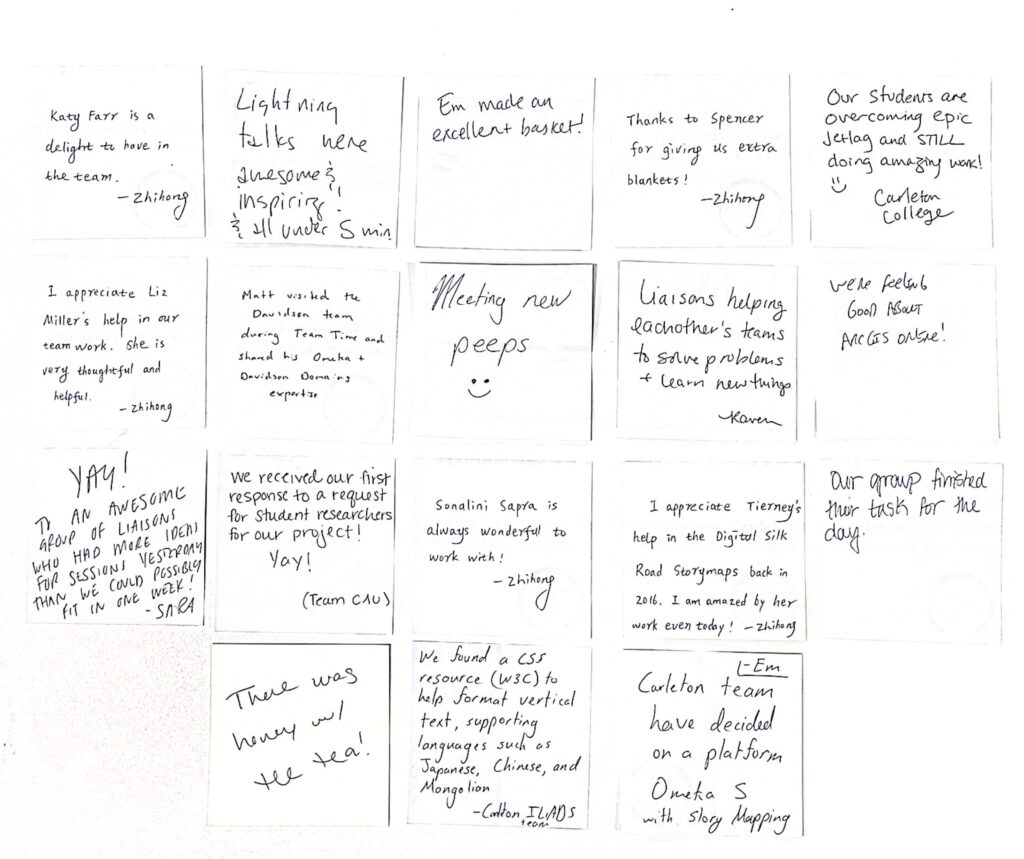
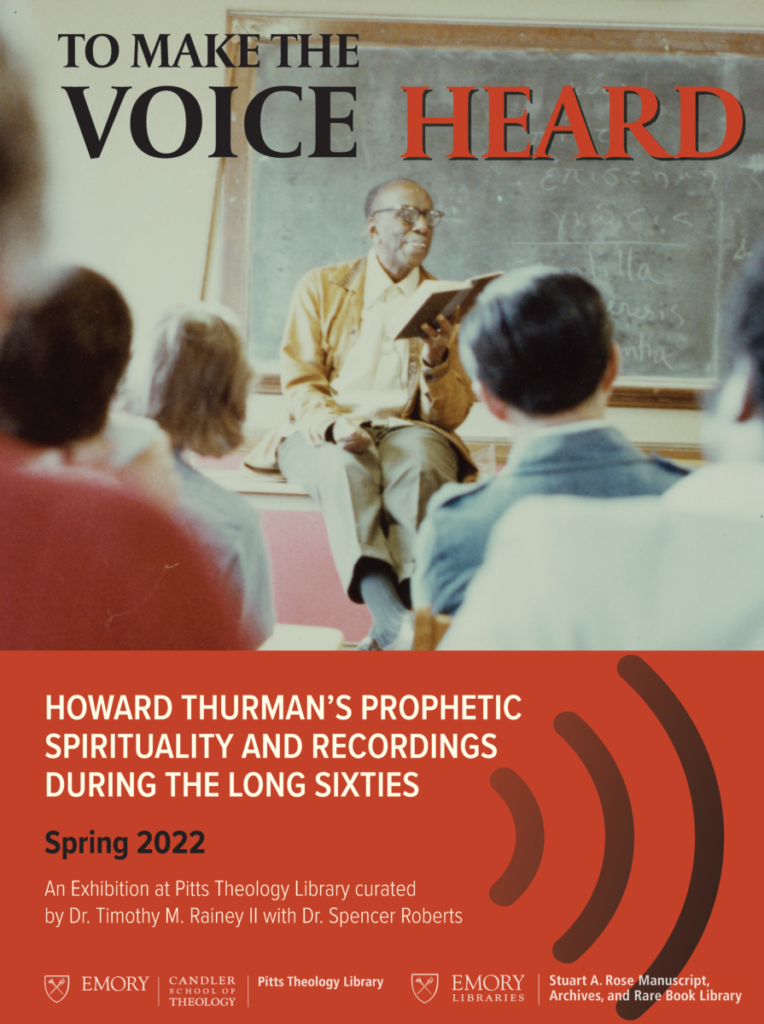
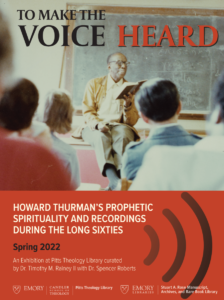
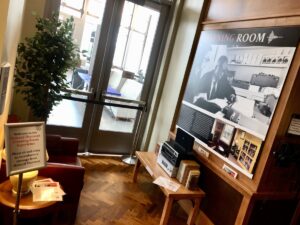
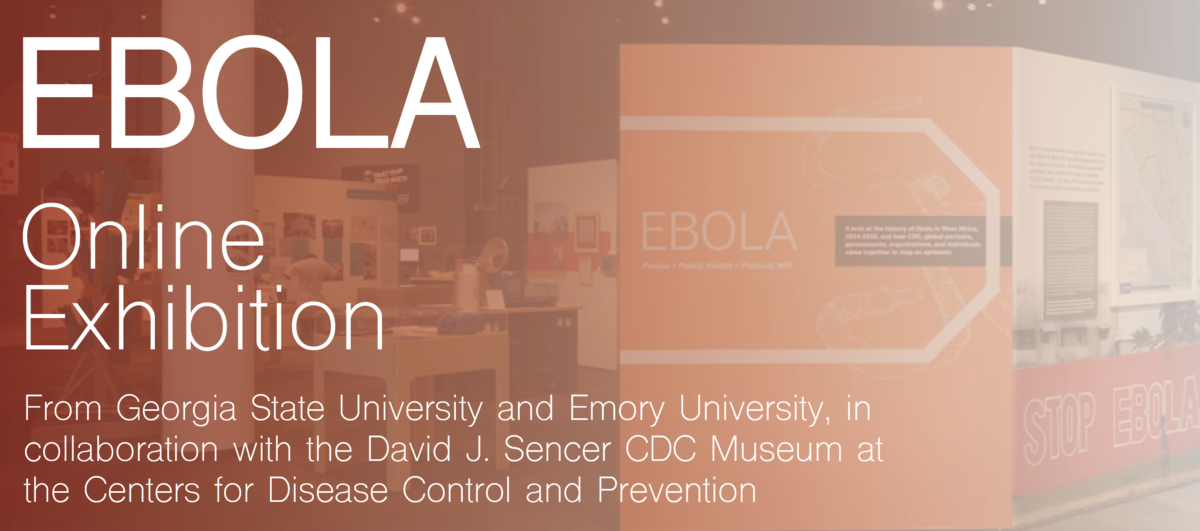
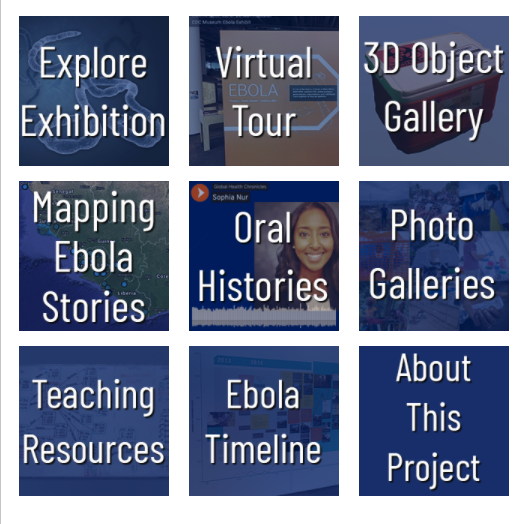
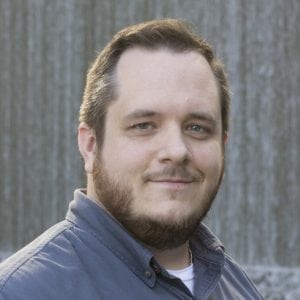 EBOLA: People + Public Health + Political Will was collaboratively produced by a team of faculty, staff, and students from three different institutions in Atlanta: the David J. Sencer CDC Museum, Georgia State University, and Emory University. This includes Pitts Theology Library’s own Systems and Digital Scholarship Librarian, Spencer Roberts!
EBOLA: People + Public Health + Political Will was collaboratively produced by a team of faculty, staff, and students from three different institutions in Atlanta: the David J. Sencer CDC Museum, Georgia State University, and Emory University. This includes Pitts Theology Library’s own Systems and Digital Scholarship Librarian, Spencer Roberts!